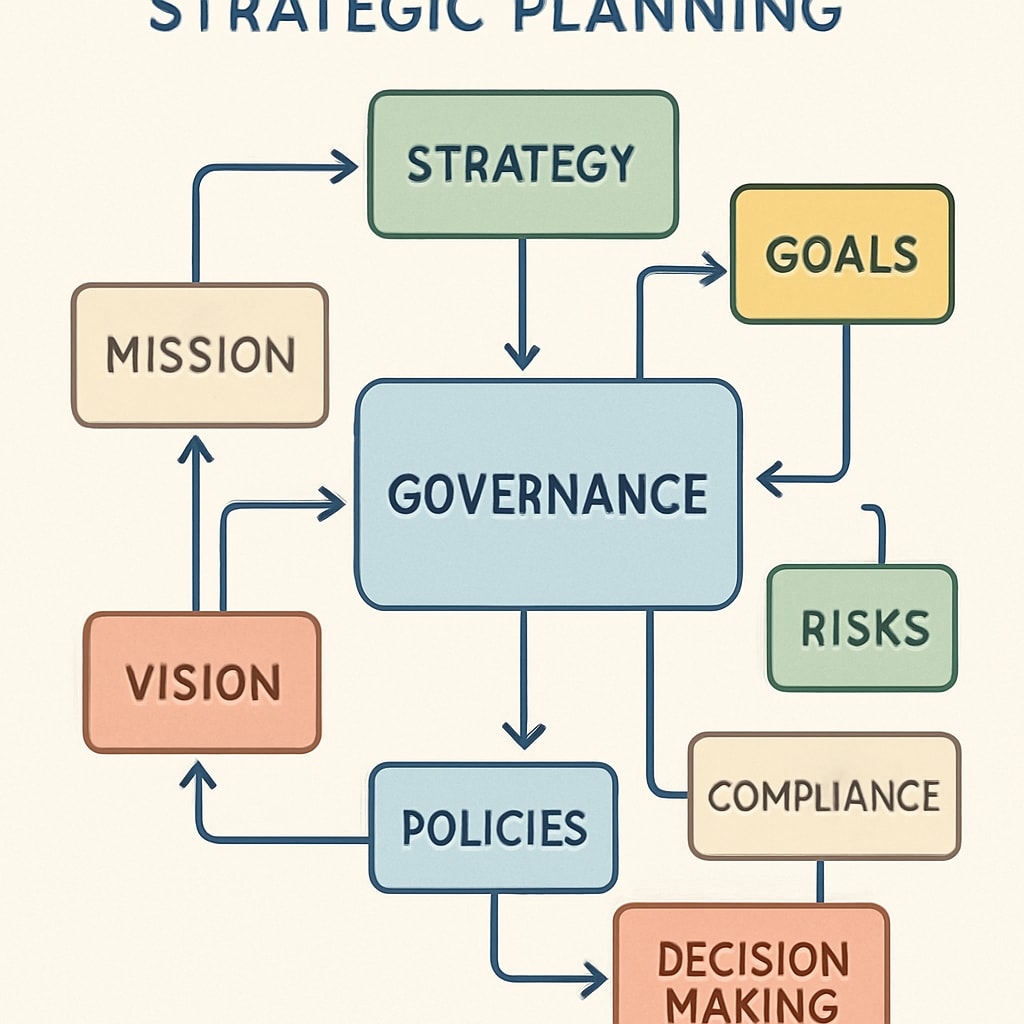School boards play a pivotal role in shaping local education systems, yet their effectiveness often depends on overcoming significant challenges and embracing strategic approaches. For newly elected or automatically appointed board members, understanding the nuances of local politics, identifying areas for impactful change, and adopting effective strategies are essential in driving meaningful transformation.
Challenges Faced by School Board Members
School board members often operate in complex environments that involve balancing educational priorities, community expectations, and political dynamics. Key challenges include:
- Lack of experience: Many new members step into their roles without prior knowledge of governance or education policy.
- Conflicting interests: Navigating differing priorities among stakeholders, including parents, educators, and local officials.
- Limited resources: Budget constraints often hinder the implementation of ambitious programs or reforms.
- Resistance to change: Longstanding traditions or bureaucratic inertia can slow down innovation.

Despite these obstacles, effective school boards demonstrate resilience and innovation, turning challenges into opportunities for growth.
Traits of Effective School Boards
What distinguishes successful school boards from ineffective ones? Research and case studies highlight several key traits:
- Clear vision: Effective boards establish and communicate a shared mission focused on student achievement and community development.
- Collaboration: Strong relationships among board members, educators, and local stakeholders foster trust and cooperation.
- Accountability: Transparent decision-making and measurable goals ensure progress and maintain public confidence.
- Strategic thinking: Prioritizing initiatives with long-term impact over short-term fixes.
For aspiring members, analyzing the practices of successful boards can provide valuable insights into driving positive change.
Strategies for Transformative Change
As a school board member, pushing for transformation requires a calculated approach. Consider these strategies:
- Understand the local political ecosystem: Research the political landscape, key decision-makers, and community priorities to build informed strategies.
- Choose your battles wisely: Focus on areas where change is most needed and feasible, such as curriculum updates, teacher development, or resource allocation.
- Engage the community: Build alliances with parents, educators, and local organizations to garner support for initiatives.
- Leverage data: Use evidence-based research to advocate for policies and demonstrate the benefits of proposed changes.
- Be adaptable: Flexibility to revise plans based on feedback and unforeseen challenges ensures resilience.

Ultimately, effective school board governance requires a mix of vision, collaboration, and persistence. By understanding challenges and embracing strategic approaches, members can leave a lasting impact on their local education systems.
Readability guidance: Use short paragraphs and lists to summarize key points. Incorporate transitions such as “however,” “therefore,” and “in addition” to improve flow. Balance active voice with minimal passive constructions for clarity.


